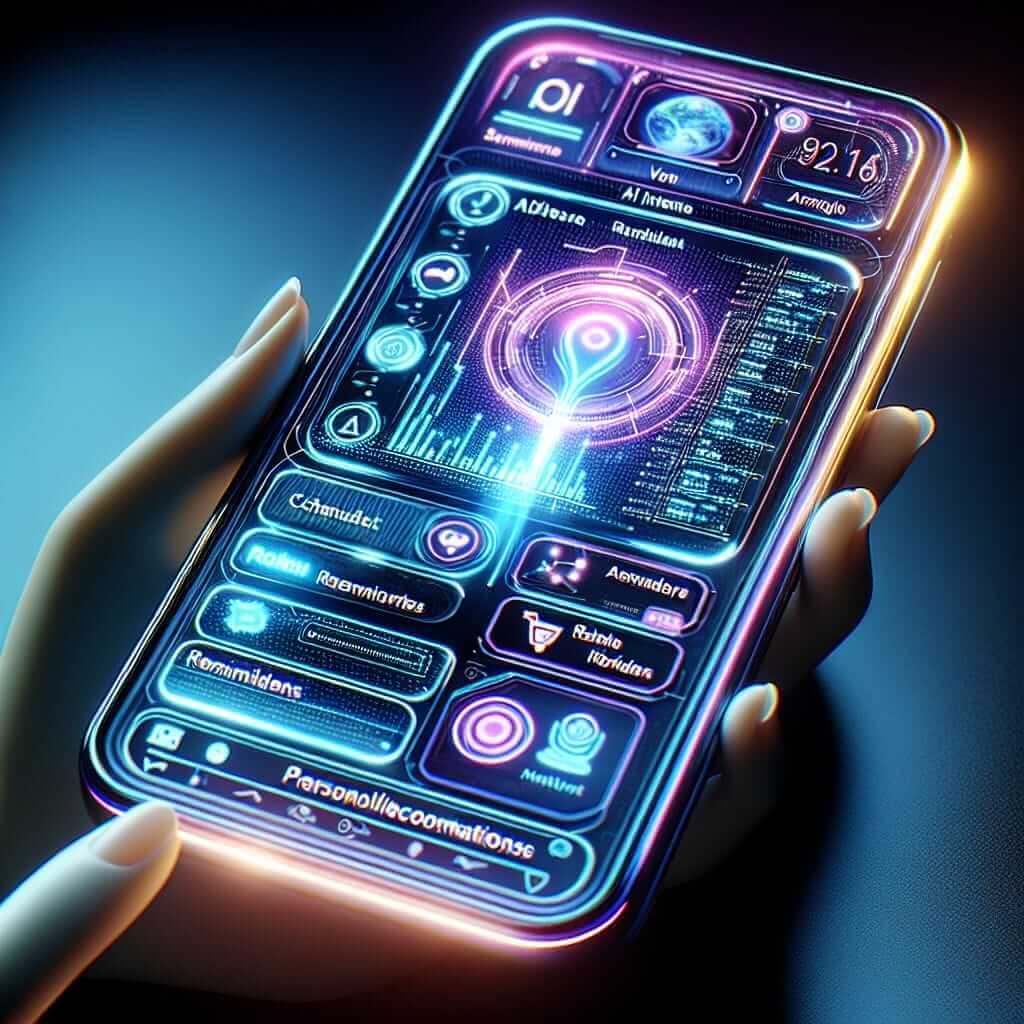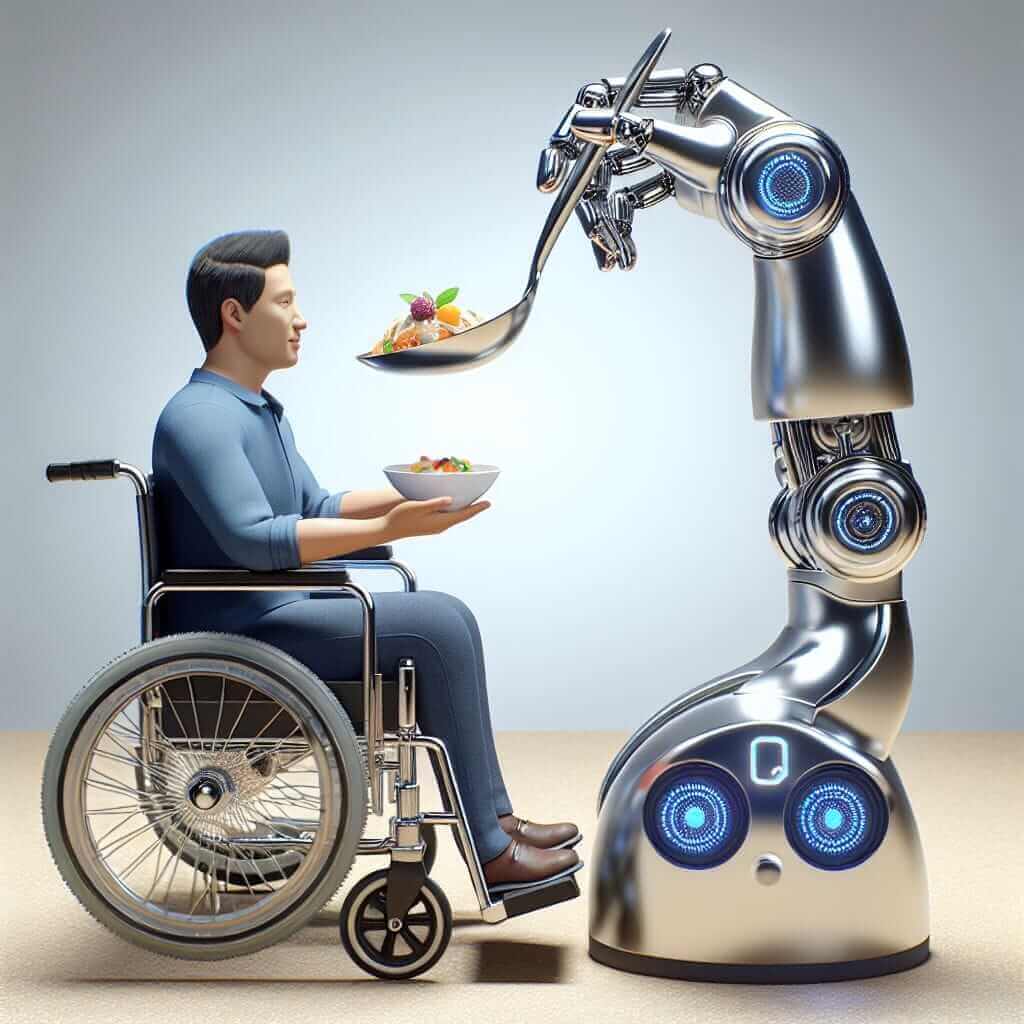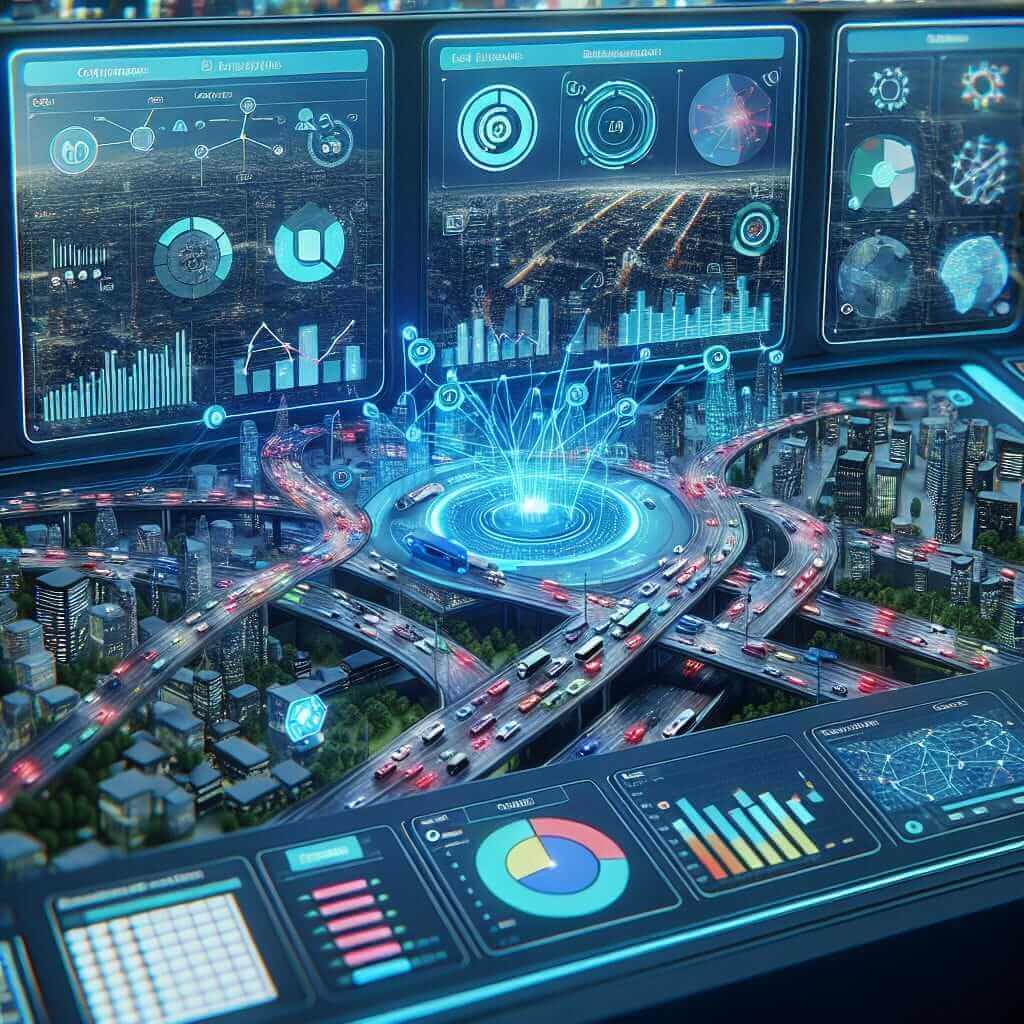The intersection of Artificial Intelligence (AI) and Personal Digital Assistants (PDAs) represents a rapidly evolving technological frontier. This topic frequently surfaces in IELTS Writing Task 2, prompting test-takers to analyze and speculate on its future implications.
Nội dung bài viết
Here are some potential IELTS essay questions related to this theme:
- To what extent do you agree that AI-powered personal digital assistants will make our lives easier in the future?
- Some people argue that the increasing reliance on AI in personal digital assistants will have negative consequences. Discuss both sides and give your own opinion.
- What are the potential benefits and drawbacks of using AI-powered personal digital assistants in the workplace?
Sample Essay: AI and the Future of Personal Digital Assistants
Let’s select the first question as the basis for our sample essay:
To what extent do you agree that AI-powered personal digital assistants will make our lives easier in the future?
Analysis
This question requires you to present a balanced argument, considering both the potential benefits and drawbacks of AI-powered PDAs. It’s crucial to avoid making overly generalized statements and instead focus on providing specific examples and well-reasoned arguments.
Model Essay
The integration of artificial intelligence (AI) into personal digital assistants (PDAs) is rapidly transforming the technological landscape, prompting many to believe that our lives will become increasingly convenient in the future. While there are undoubtedly challenges associated with this trend, I firmly believe that the potential benefits far outweigh any drawbacks.
Proponents of AI-powered PDAs argue that they have the potential to streamline our daily routines and enhance our productivity. For instance, imagine a world where your PDA can anticipate your needs, automatically schedule appointments, manage your finances, and even provide personalized recommendations based on your preferences. This level of automation could free up significant time and mental energy, allowing us to focus on more creative or fulfilling pursuits. Furthermore, AI assistants could prove invaluable for individuals with disabilities, providing them with greater independence and accessibility.
< AI-Powered Personal Digital Assistant>
AI-Powered Personal Digital Assistant>
However, some critics express concerns about the potential negative consequences of over-reliance on AI. They argue that excessive automation could lead to job displacement and a decline in critical thinking skills. Additionally, there are valid concerns about data privacy and the potential for AI systems to be misused.
Despite these concerns, I believe that with careful planning and regulation, the benefits of AI-powered PDAs can be harnessed for the greater good. As AI technology continues to advance, we can expect to see even more sophisticated and personalized assistants that seamlessly integrate into our lives. Ultimately, by embracing this technology responsibly, we can create a future where AI empowers us to live more fulfilling and productive lives. (Word Count: 271)
Writing Tips
- Use clear and concise language: Avoid using overly technical jargon or complex sentence structures.
- Provide specific examples: Support your arguments with relevant and concrete examples.
- Address both sides of the argument: Present a balanced perspective by acknowledging both the benefits and drawbacks.
- Use linking words and phrases: Ensure a smooth flow of ideas by using appropriate transition words (e.g., however, furthermore, in conclusion).
Vocabulary
- Integration (noun) /ˌɪn.tɪˈɡreɪ.ʃən/: The act of combining two or more things so that they work together.
- Transforming (verb) /trænsˈfɔːmɪŋ/: Changing something completely, usually to improve it.
- Streamline (verb) /ˈstrim.laɪn/: To make something simpler or more effective.
- Anticipate (verb) /ænˈtɪs.ɪ.peɪt/: To expect or predict something and take action to prepare for it.
- Enhance (verb) /ɪnˈhæns/: To improve the quality, amount, or strength of something.
- Displacement (noun) /dɪˈspleɪs.mənt/: The act of forcing something or someone out of its usual or original place.
- Misused (verb) /ˌmɪsˈjuːzd/: Used in the wrong way or for the wrong purpose.
- Regulation (noun) /ˌreɡ.jəˈleɪ.ʃən/: An official rule or the act of controlling something.
- Sophisticated (adjective) /səˈfɪs.tɪ.keɪ.tɪd/: Developed to a high degree of complexity.
- Seamlessly (adverb) /ˈsiːm.ləs.li/: Smoothly and continuously, with no apparent gaps or spaces.
Conclusion
The future of AI in personal digital assistants holds immense potential to reshape our lives. By understanding the potential benefits and drawbacks, and engaging in thoughtful discourse, we can harness the power of this technology to create a more convenient, efficient, and fulfilling future. Remember to practice writing essays on this and similar topics to improve your IELTS Writing score.


